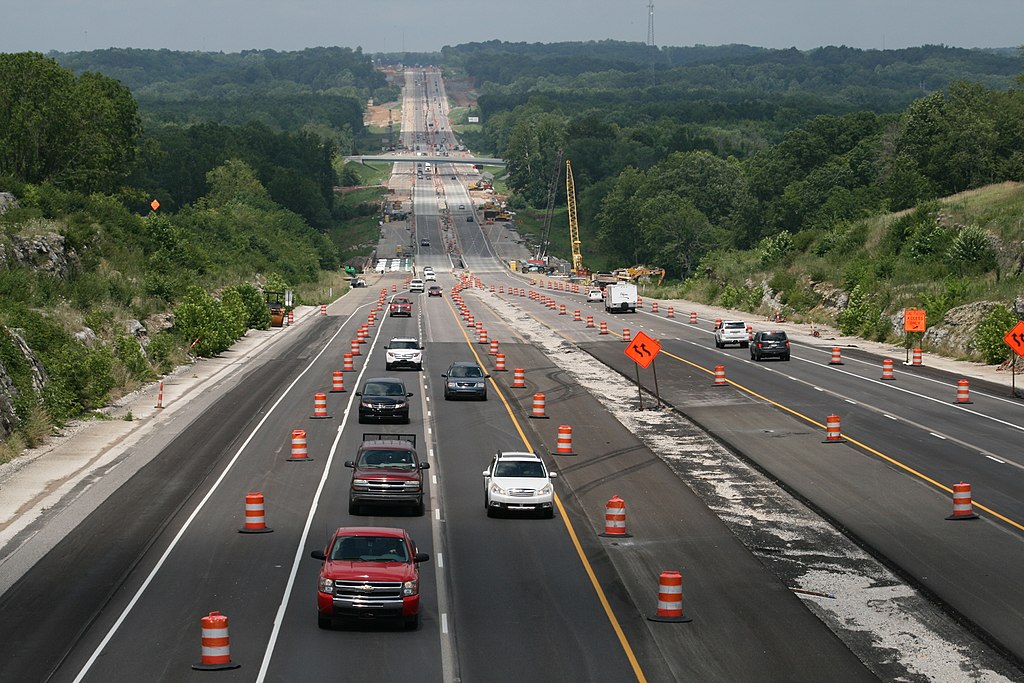A new plan aimed at reversing the inequity inflicted on communities by federal transportation policies is missing strong performance measures that might actually stop that racist history from repeating itself, advocates say.
In response to a comment request from the federal Department of Transportation, a coalition of 20 local and national groups delivered a sprawling 68-page letter urging the agency to add additional teeth to its newly revised Equity Action Plan, which outlines how federal transportation officials will expand access and opportunity for disadvantaged communities in the coming years.
That generally commendable list, though, may not stop the kind of highway projects that lay at the root of many of America's glaring transportation inequities since portions of the Interstate Highway System were rammed through communities of color roughly 70 years ago. And until the agency adjusts how it evaluates which types of projects receive federal money, states will continue to use those funds to build roads that divide communities and pollute their air with little real accountability to the people they're harming, the letter states.
“Unless federal rules and standards are reformed, it is likely that much of the half a trillion dollars in federal formula transportation funds under the Infrastructure Investment and Jobs Act will be spent by states undermining environmental justice, worsening climate change, and eroding public health,” said Michael Replogle, founder and senior advisor to the Institute for Transportation and Development Policy and the lead author of the letter.
Specifically, Replogle and his fellow coalition members want federal regulators to commit to three wonky but vital changes in how they analyze and report on proposed transportation projects:
- US DOT must require transportation officials to measure how, for instance, proposed highway expansions would impact emissions levels, public health, and the ability of residents to access mobility both inside and outside of a car, and specifically outline how that picture would change if they went with other approaches, like converting highways into boulevards instead.
- Transportation officials must to stop relying on "obsolete" traffic forecasting models that generate "absurd and impossible modeling findings that go against both science and common sense," and start paying attention to proven traffic science, like how building new lanes invariably just induces more driving rather than cutting traffic jams.
- And transportation officials must to share these analyses at every level of government, and make it crystal clear when their proposed projects fall short of their climate and equity goals.
Those three asks might seem like something DOT should already be doing, but the fight will likely be difficult to win. The agency has recently faced fierce pushback from GOP lawmakers and the Government Accountability Office over an advisory memo that merely encouraged states to repair existing highways before building new ones without actually restricting any funds; it also recently OK'd a notorious Houston highway project that advocates say will displace more than a thousand predominantly residents of color after concluding that the project met the agency's existing equity metrics and traffic modeling standards.
"Until something fundamentally changes with the program, highway expansions are going to continue to happen," said Steve Davis of Transportation for America, which co-authored the letter. "States are going to be free to ignore repair needs, ignore induced demand, ignore emissions, and displace people. That's just the hard truth of things right now."
If US DOT has the courage to use its legal authority to change those flawed metrics, models, and processes, advocates are hopeful that can make a real impact the lives of marginalized Americans.






